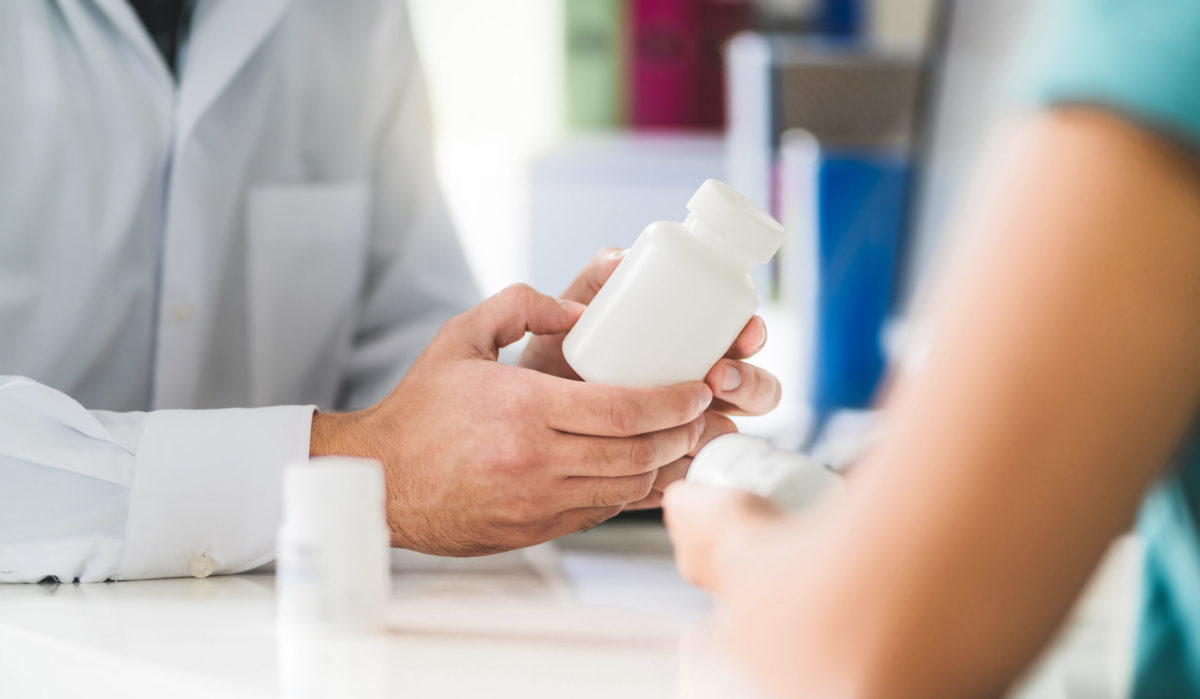The Benefits of a Drug or Alcohol Program
If you or your loved one have drug or alcohol problems, you may be actively considering a substance abuse program. That is even more likely if you have suffered serious harm from drinking or taking drugs. Such harm is not uncommon. In fact, every year, millions of Americans face a major crisis brought about by substance use.
But before you take any next steps toward getting help, you may want answers to certain questions. And chief among these questions is why a substance abuse program is important. In other words, how can this kind of program make things better for you or someone you love?
As it turns out, a modern drug or alcohol program provides essential help in a number of ways. That includes making it possible for you to stop your substance abuse. It also includes providing treatment that allows you to fully establish your sobriety. And crucially, the right kind of program will help you stay sober through the ups and downs of daily life.
Detox: The First Step in a Substance Abuse Program
For anyone who is addicted to drugs or alcohol, detoxing in an abuse program is a vital beginning step. Detox is the common term for detoxification. It gets its name because it:
- Acknowledges the fact that alcohol and drugs are toxic to your body
- Helps you halt your substance abuse
- Allows your body time to eliminate any substance remaining in your system
Why must addicted people hoping to recover their sobriety go through supervised detox? Addiction changes how your body responds to the presence of drugs and alcohol. What was once a foreign substance is now an expected part of your everyday brain chemistry. When you halt your substance use, you throw this chemistry off-balance. The result is the onset of physical and psychological substance withdrawal.
Each major category of addictive substance has its typical withdrawal symptoms. This means, for example, that people withdrawing from any stimulant will experience similar symptoms. It also means that stimulant withdrawal is significantly different from withdrawal from:
- Alcohol
- Tranquilizers and sedatives
- Opioids
- Cannabis products
All forms of substance withdrawal can produce symptoms that make you feel profoundly unwell. What is more, some substances are capable of triggering severe withdrawal complications. In a worst-case scenario, such complications may endanger your life.
Together, these facts help explain the need for a program that provides detox services. That is true even if you never experience any significant withdrawal complications. Why? The mental and emotional distress of withdrawal can be daunting. In fact, it can be so hard to cope with that you feel a powerful urge to make it stop. Unfortunately, the quickest way to do this is to start using drugs or alcohol again. Despite your best intentions, you may find yourself ending up exactly where you started.
Supervised detox helps you escape this circular trap. While enrolled, you receive all of the help you need to cope with substance withdrawal. The level of required assistance varies from person to person. Depending on your situation, it may include such things as:
- Providing basic support to make you feel more comfortable
- Helping your body recover from the some of the effects of substance abuse
- Prescribing medication designed to ease your withdrawal symptoms
You may also receive substance abuse counseling while enrolled in detox. This counseling helps you deal with the psychological effects of addiction. It also helps you strengthen your commitment to the recovery process. Just as importantly, substance abuse counseling prepares you to move on to active substance rehab.
Supervised detox is also the safest, surest way to get help for withdrawal complications. The medical staff in a quality program is thoroughly prepared to treat such complications. They will take the steps necessary to protect your health and well-being. That is especially important during life-threatening emergencies.
Active Treatment in a Substance Abuse Program

By the end of detox, you achieve an essential goal: making a break from the cycle of substance abuse. However, on its own, this is not enough. Why not? Addiction is a relapsing, chronic brain disease. This means that you cannot get rid of it by just detoxing from drugs or alcohol. Instead, you must continue on to active treatment in a substance abuse program.
Active treatment is where you begin building the foundation for your lasting sobriety. In its modern form, it is based on a group of interlocking principles. These principles state that:
- While addiction is chronic, it is also treatable
- To be effective, treatments must be tailored to each person
- As many people as possible should have access to a substance abuse program
- Participants are people, not just “addicts”
- Treatment takes time to work
- The main tool for treating addiction is behavioral psychotherapy
- Medication is also used when effective
- Recovery plans should be adjusted as needed
- Many people with substance problems have additional mental health problems
- Detox is a start, but has little long-term effect without further treatment
- Effective treatment does not have to be voluntary to work
- Doctors should remain alert to the risks for substance relapses
Any high-quality substance abuse program will follow these guidelines.
Behavioral Psychotherapy
What sorts of therapy are used to help people with drug or alcohol problems? There are many different options available. Examples include:
- CBT, or Cognitive Behavioral Therapy
- A form of substance abuse counseling called Family Behavior Therapy
- MDFT, or Multidimensional Family Therapy
- Substance abuse counseling for people in intimate relationships
- MET, or Motivational Enhancement Therapy
- MST, or Multisystemic Therapy
- CRA, or Community Reinforcement Approach
- Contingency Management and Motivational Incentives
- Twelve-Step Facilitation Therapy
No one therapy is used to treat all forms of addiction. In addition, each therapy is designed to achieve certain goals. These goals include such things as:
- Helping you successfully complete your substance abuse program
- Educating you about the underlying causes of addiction
- Uncovering factors in your personal life that drive you toward substance abuse
- Showing you how certain thoughts and emotions support addiction
- Teaching you how to change unhelpful thoughts and emotions
- Giving you ways to avoid substance abuse after you leave rehab
- Explaining the important of membership in a support group
It is common to receive more than one form of psychotherapy or substance abuse counseling. That is true because different therapies support your recovery in different ways.
Medication

Medication is mostly used to assist people recovering from alcohol or opioid addiction. Options used in alcohol recovery will help you avoid a relapse by doing such things as:
- Undoing some of the harmful brain effects of alcoholism
- Lowering the amount of pleasure you get when you drink
- Triggering nausea and other unpleasant effects if you decide to use alcohol
Some of the medication used for people with opioid problems is designed to dial down opioid cravings. There is also medication available to stop these addictive drugs from reaching your brain.
The Combination of Therapy and Medication
Behavioral therapy and medication are often used together. These two methods complement each other. Together, they increase your chances of meeting your recovery goals.
Continuing Care In a Substance Abuse Program
Since addiction is chronic, recovery is not done when you leave your primary treatment program. To safeguard your long-term sobriety, you must continue to seek periodic help. Addiction specialists call this long-term assistance continuing care or aftercare.
The goal of continuing care is to make sure that you do not lose touch with vital treatment resources. It gives your doctor or addiction specialist the ability to check on the progress of your recovery. It also makes it possible for you to receive any addition help as needed. There are multiple forms of continuing care available, including:
- Enrollment in a less intensive type of substance abuse program
- Seeing your doctor or addiction specialist in-person for scheduled follow-ups
- Talking to your doctor or addiction specialist remotely through a computer app
- Using smartphone apps designed to provide effective remote treatment
Enrollment in a self-help group will also support your long-term recovery. However, this is not a substitute for formal continuing care in a substance abuse program. Instead, self-help groups and continuing care work together to help you remain sober.
Learn More About How A Substance Abuse Program Can Help You
In any given year, millions of Americans find themselves suffering from drug or alcohol problems. But sadly, most of these people never enter a treatment program. Instead, they try to recover on their own, or just continue their damaging substance use.
Recovering on your own is an admirable idea. However, public health experts universally recommend that you do not try this. Why not? Simply put, chances are high that you will not succeed. By seeking professional help, you turn those odds around. You will still have a difficult road ahead of you. But the care you receive will help you recover from even the worst drug or alcohol problems.
Want to learn more about how a treatment program can help you? Just contact Best Rehabs In Arizona today. Our staff of specialists is prepared to answer any question you might have. We also offer services that support your recovery from detox all the way through to continuing care.






















